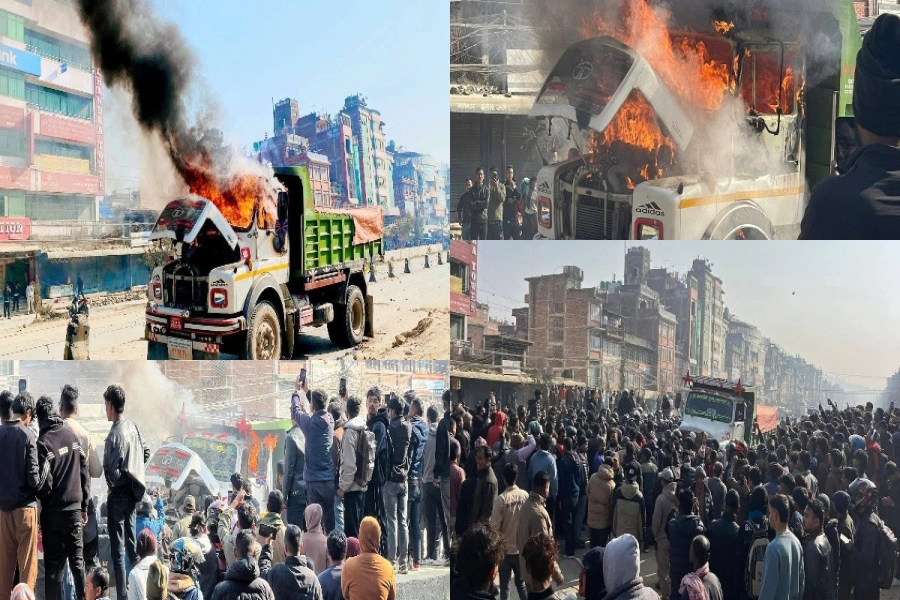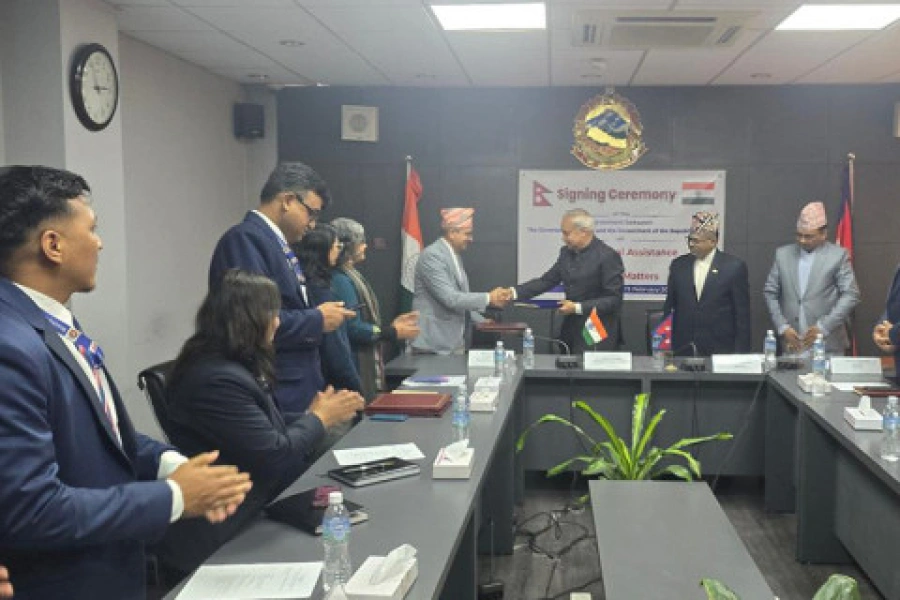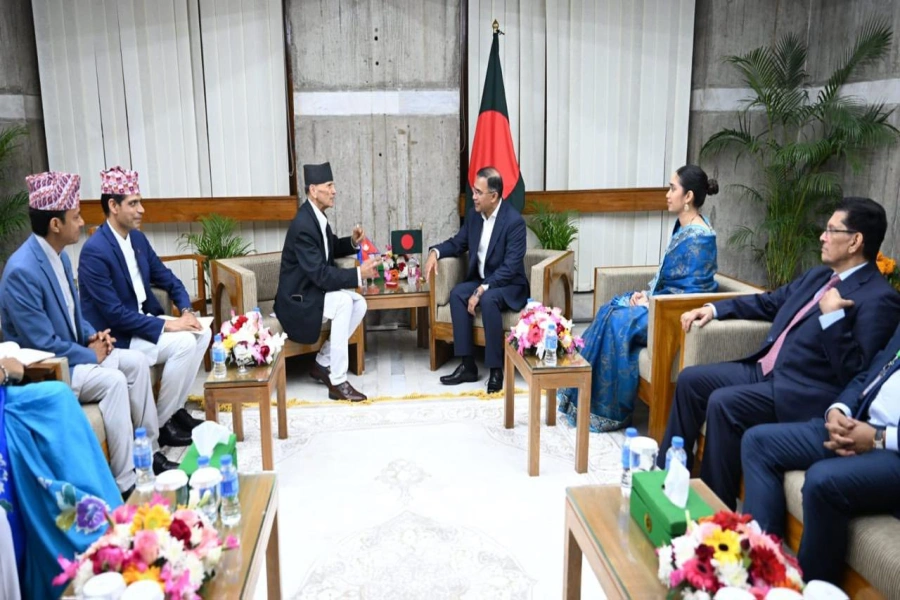KATHMANDU, March 21: Paving the way for the formation of a commission to recommend new electoral constituencies under the new constitution, parliament on Monday endorsed the Constituency Delineation Bill through fast track.
In less than 10 months, the government must finalize new electoral constituencies in line with Article 286 of the constitution for holding provincial and parliamentary elections.
Article 84 of the new constitution has proposed reducing the existing 240 electoral constituencies to 165 for parliamentary elections. Likewise, as provisioned in Article 176, the number of electoral constituencies for a given provincial assembly will be double the number of lawmakers that province sends to the federal parliament.
Five-member Constituency Delineation Commission formed

The commission will finalize altogether 495 electoral constituencies, including 165 for the House of Representatives and 330 for the provincial assemblies. Amending the original bill tabled by the government, parliament included a provision stating that a constituency for the federal parliament should include twice as many constituencies for the provincial assembly. The amendment also made it mandatory to delineate at least two constituencies in a district for the provincial assembly.
The first amendment to the new constitution effected in January 2016 had given the commission the mandate to delineate new electoral constituencies, taking population as the main basis and geography as a secondary basis. Section-5 of the bill states that population should be the main basis and geography the second basis while delineating electoral constituencies in the country.
Several lawmakers had registered an amendment proposal demanding revision of various provisions, and the House endorsed the bill through fast-track, incorporating some of the amendments. The bill, which has spelled out the jurisdiction of the commission among other things, will become law after the president endorses it.
According to the constitutional provisions, a retired justice of the Supreme Court shall be appointed chairperson of the commission and the four other members will include a geographer, a sociologist or demographer, an administration expert or jurist, and a gazetted special class officer as member-secretary.
The bill mentions that the decisions of the commission cannot be challenged in any court of law and will be implemented after the Election Commission publishes it in the Nepal Gazette. Making an amendment in the original bill, the House mentioned that the government must submit the report of the commission to the Election Commission within 15 days.
The bill further proposes that the commission cannot split any existing district, village council or municipality ward while delineating new electoral constituencies for the federal parliament.
However, the commission can split village councils and municipalities while delineating constituencies for provincial assemblies, reads the bill.
Also endorsing another bill, related to the number of wards, through fast track on Monday, parliament paved the way for the Election Commission to hold elections at the ward level as per the new local structures.



































